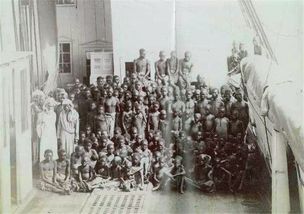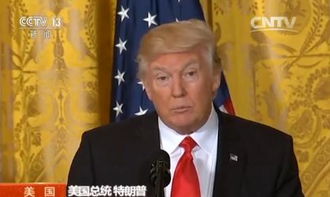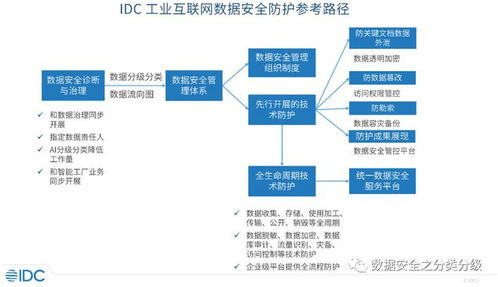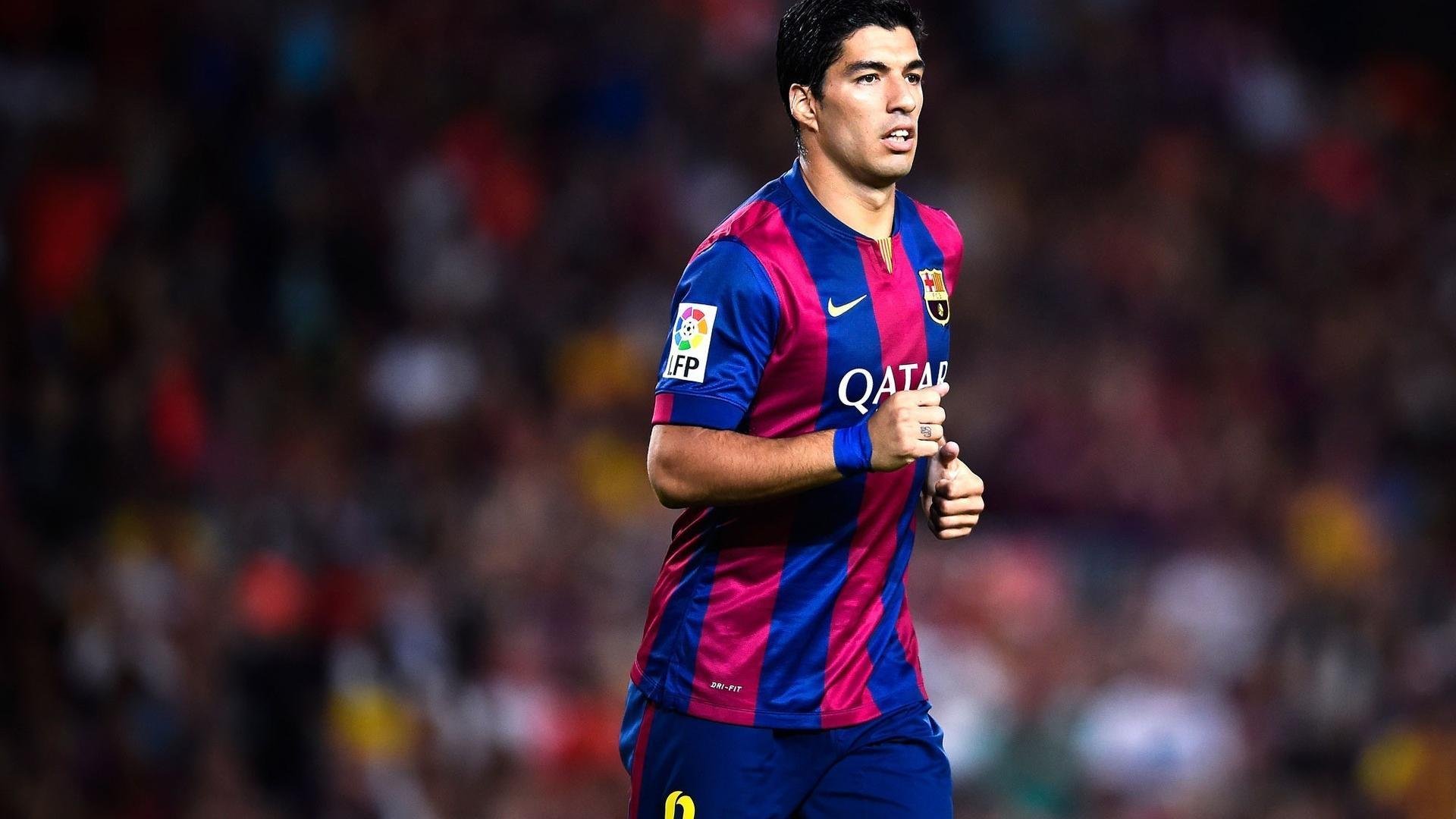City Football Group: A Global Football Empire
City Football Group (CFG) has emerged as a dominant force in the world of football, with a network of clubs spanning across continents. This article delves into the various dimensions of CFG, exploring its history, ownership, club network, and impact on the sport.
History and Ownership

Established in 2008, City Football Group was founded by Sheikh Mansour bin Zayed Al Nahyan, the Crown Prince of Abu Dhabi. The group's inception was a strategic move to expand the influence of the Abu Dhabi government in global football. Initially, CFG owned Manchester City, but over the years, it has expanded its portfolio to include clubs in various countries.
The group is owned by the Mubadala Investment Company, an investment fund owned by the government of Abu Dhabi. Mubadala has been instrumental in CFG's growth, providing the financial backing necessary to acquire and manage clubs across the globe.
Club Network

CFG currently owns and manages 10 clubs worldwide, each with its unique identity and culture. Here's a breakdown of the club network:
| Country | Club |
|---|---|
| United Kingdom | Manchester City |
| United States | New York City FC |
| Japan | Yokohama F. Marinos |
| China | Shanghai SIPG |
| Australia | Melbourne City FC |
| Malaysia | Malacca FA |
| Portugal | Benfica |
| Argentina | Boca Juniors |
| Spain | FC Barcelona |
| United Arab Emirates | Al Nassr |
CFG's club network is diverse, with clubs competing in various leagues and competitions. This diversity allows the group to leverage the strengths of each club, fostering a global football community.
Impact on the Sport

City Football Group has had a significant impact on the sport of football, both on and off the pitch. Here are some key areas where CFG has made a difference:
Financial Investment: CFG has invested heavily in its clubs, providing them with the necessary resources to compete at the highest level. This financial backing has helped clubs like Manchester City and New York City FC achieve success in their respective leagues.
Global Expansion: CFG's expansion into different countries has helped promote the sport of football globally. By owning clubs in various regions, CFG has created a network that allows for the exchange of ideas, players, and staff, fostering a more interconnected football community.
Youth Development: CFG places a strong emphasis on youth development, with several of its clubs having dedicated youth academies. These academies aim to identify and nurture young talent, ensuring a continuous pipeline of skilled players for the senior teams.
Community Engagement: CFG's clubs are actively involved in community initiatives, using football as a tool to improve the lives of people in their respective regions. These initiatives range from health and education programs to environmental sustainability projects.
Conclusion
City Football Group has become a powerful force in the world of football, with a diverse network of clubs and a significant impact on the sport. As CFG continues to expand its global footprint, it will undoubtedly shape the future of football for years to come.










